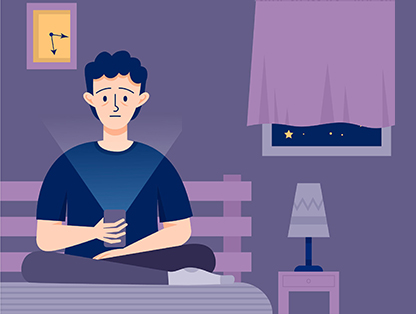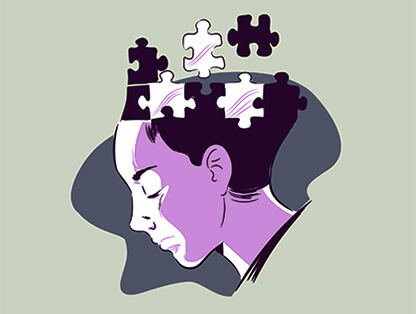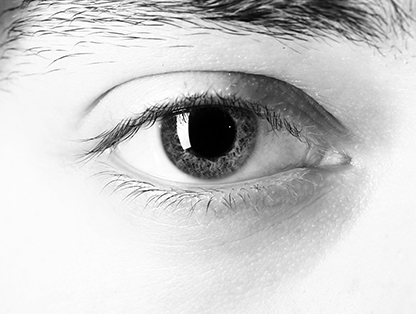1. When I’m walking, I deliberately notice the sensations of my body moving.
2. I’m good at finding words to describe my feelings.
3. I criticize myself for having irrational or inappropriate emotions.
4. I perceive my feelings and emotions without having to react to them.
5. When I do things, my mind wanders off and I’m easily distracted.
6. When I take a shower or bath, I stay alert to the sensations of water on my body.
7. I can easily put my beliefs, opinions, and expectations into words.
8. I don’t pay attention to what I’m doing because I’m daydreaming, worrying, or otherwise distracted.
9. I watch my feelings without getting lost in them.
10. I tell myself I shouldn’t be feeling the way I’m feeling.















